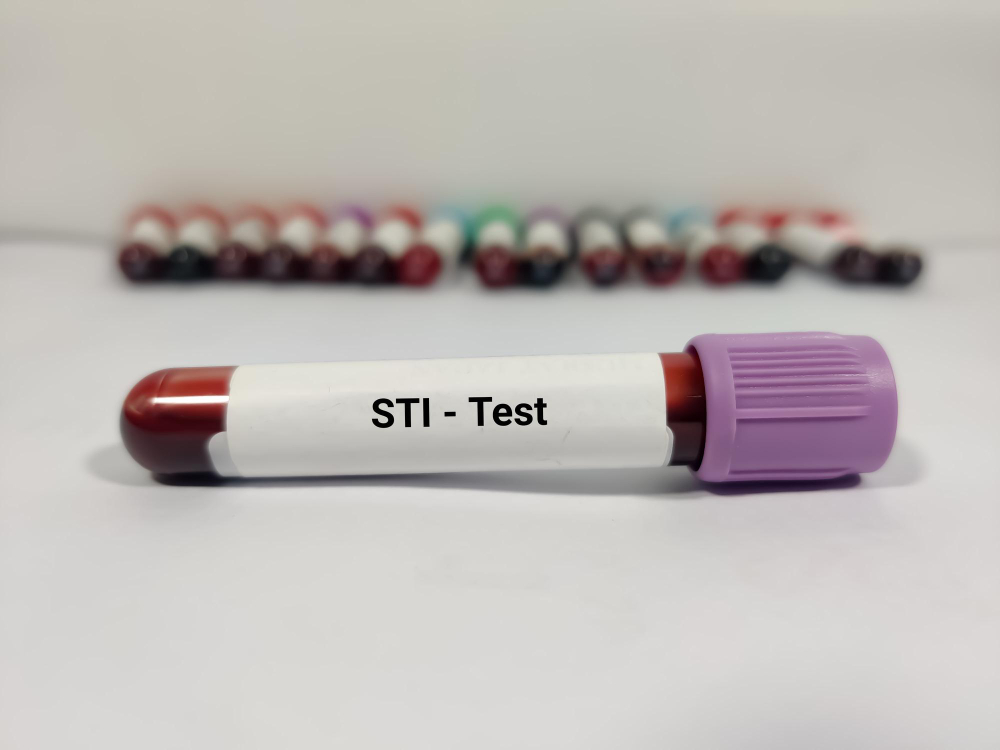
Sexually active adults are at risk for STIs and STDs. To maintain your health and protect the future health of your partners, reach out to Karroll Payne, MD, at her practice in Lafayette, Louisiana, for STD testing. Care for yourself and others by scheduling an appointment online or by calling the K. Payne MD office today.
request an appointmentWhat is the difference between STD testing and STI testing?
STDs, or sexually transmitted diseases, are an extension of STIs, or sexually transmitted infections. Because STIs cause STDs, STD testing and STI testing are considered the same thing.
Typically, STIs are caused by parasites, viruses, or bacteria. Examples of such STDs for which you can test include:
Parasites – One of the most common parasitic STIs is trichomoniasis.
Viruses – Common STDs caused by viruses include human papillomavirus (HPV), herpes simplex virus, and human immunodeficiency virus (HIV).
Bacteria – Common bacteria-based STIs include chlamydia, gonorrhea, and syphilis.
Typically, STIs and STDs pass from person to person through bodily fluids, including blood, semen, and vaginal fluids. Sometimes, they spread through blood transfusions or shared needles or from mother to baby during pregnancy or childbirth.
Who needs STI or STD testing?
Every sexually active person is at risk of catching or spreading an STI, especially those with multiple partners. Because many STIs present without symptoms, it’s important to be informed of your STI status. While each person is different, national guidelines recommend specific yearly STI screenings for people in different groups:
Chlamydia and gonorrhea –
These STIs typically impact:
- Sexually active women and gender-diverse people under 25
- Women and gender-diverse people over the age of 25
- Men who have sex with men
- Transgender women who have sex with men
- People with HIV
- People who have been forced to engage in sexual activity against their will
This list of people grows for other STIs, such as HIV, syphilis, and hepatitis.
HIV, syphilis, and hepatitis
All adults 18 and over should be screened for hepatitis B and C at least once. Unvaccinated adults should also be tested and vaccinated for hepatises A and B. You should also receive HIV, syphilis, or hepatitis testing if you have certain risk factors.
Genital herpes
Dr. Payne recommends testing for genital herpes to those who have symptoms or other risk factors.
HPV
Doctors recommend a Pap smear to test for HPV every three years for women ages 25 to 65. If you are at high risk of cervical cancer or have had past abnormal results, doctors recommend more regular visits.
What happens during STD testing?
During STD testing, Dr. Payne will take a blood or urine sample, or a swab if you have active genital sores.
If any of your test results come back positive, Dr. Payne is here to support you and guide you to the next steps to manage or cure your STI without stigma.
If you’re sexually active, it’s paramount that you receive STD testing. Don’t put it off any longer. Instead, empower yourself with knowledge by scheduling your STI testing with Dr. Payne online or over the phone today.
